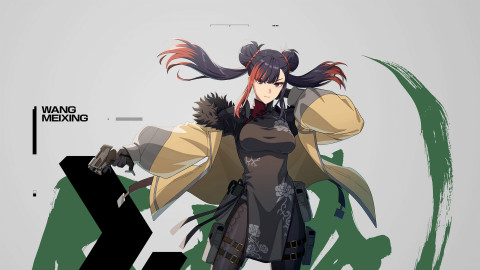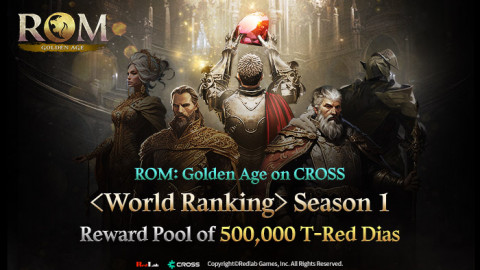A balanced deck is better than one strong character!
The deck you build before the game starts has a maximum cost based on its channel tier, and you'll need to mix and match characters to keep it under that cost. The higher the tier, the higher the cost, but the more powerful the skill, which can turn the tide of the game. However, at lower channel tiers, it's difficult to use multiple high-ranked characters at the same time.
For example, Sophie, who is a legendary character, has a powerful skill that allows her to move to any block, but her cost prevents her from being used before Pro 1. If you build your deck around high-cost cards and end up with a few characters, your opponent can anticipate and counter that skill strategy.
This means that until Expert 1, the maximum cost is limited, so it's better to build around Rares and Commons rather than a few high-cost characters to account for cost limits. It's a good idea to have one or two dice card characters plus a moderate Marble-boosting character to give your strategy more flexibility.

The uninhabited island, avoid if you can, but you can use it strategically
Three consecutive doubles will take you directly to the uninhabited island, so it's usually safe to play an odd-die card after two consecutive doubles. In general, you should consider the order of your cards to avoid getting stuck on the uninhabited island block. However, there are situations where it is strategically advantageous to be stuck on the island. You might intentionally get stuck on a desert island when your opponent's landmarks and real estate boom effects are next in line after yours, making it harder for you to pay the toll, because it's cheaper to escape the island.

Save your odd cards and jump cards for after the second double!
You'll want to save at least one odd card to prevent the third consecutive double, as you'll be sent to the uninhabited island if you do. Jump cards allow you to teleport to any location within your movement range, so it's a good idea to move to blocks that might be key after a second double. You can use them to quickly achieve win conditions in the form of jumping to shops, train travel blocks, or taking over an opponent's block. You can also move to a starting block and upgrade it to a landmark to defend a block that looks like it's about to be taken.

Block-limiting effects like blackout and ice floor are effective to both enemies and allies
Fortune card effects and skills used on blocks, such as blackout and ice floor, are effective to both enemies and allies. For example, an ice floor placed by you will make you slide when you visit it, and a blackout block placed by an opponent will cancel the blackout effect no matter who reaches it.

When trying to win through points, start -3 from the target score!
Your construction score goes up by 1 point for basic buildings, 2 points for landmarks, and 1 point for color monopolies. Since you only need to occupy 2 blocks for color monopolies, it's possible to get to 3 or 4 victory points in no time at all if you play your double cards right.
The simplest way to win construction points is when you have a land of your own that is 1 space away from a color monopoly, and you can get to a land where you can construct with a double. In this case, when combined with a character's skill or jump card that allows you to move to a desired location, such as Sophie or Katrina, you can score 1 point for building on the block you moved on your double turn, 1 point for moving to the remaining space for a color monopoly, 1 point for a forced buyout, and 1 point for a successful color monopoly for +3 points.
Of course, it is possible to take 3 blocks with 2 doubles and 1 action without color monopoly. With this in mind, if your opponent is 3 points away from victory, your strategy should be to move to the block they occupy, even if it costs you tolls, to prevent them from winning, and buyout their building to lower their score or make it impossible for them to get a color monopoly.

▲ +1 extra construction point, more toll fee, etc. The more, the better for color monopoly
Sort by:
Comments :0







